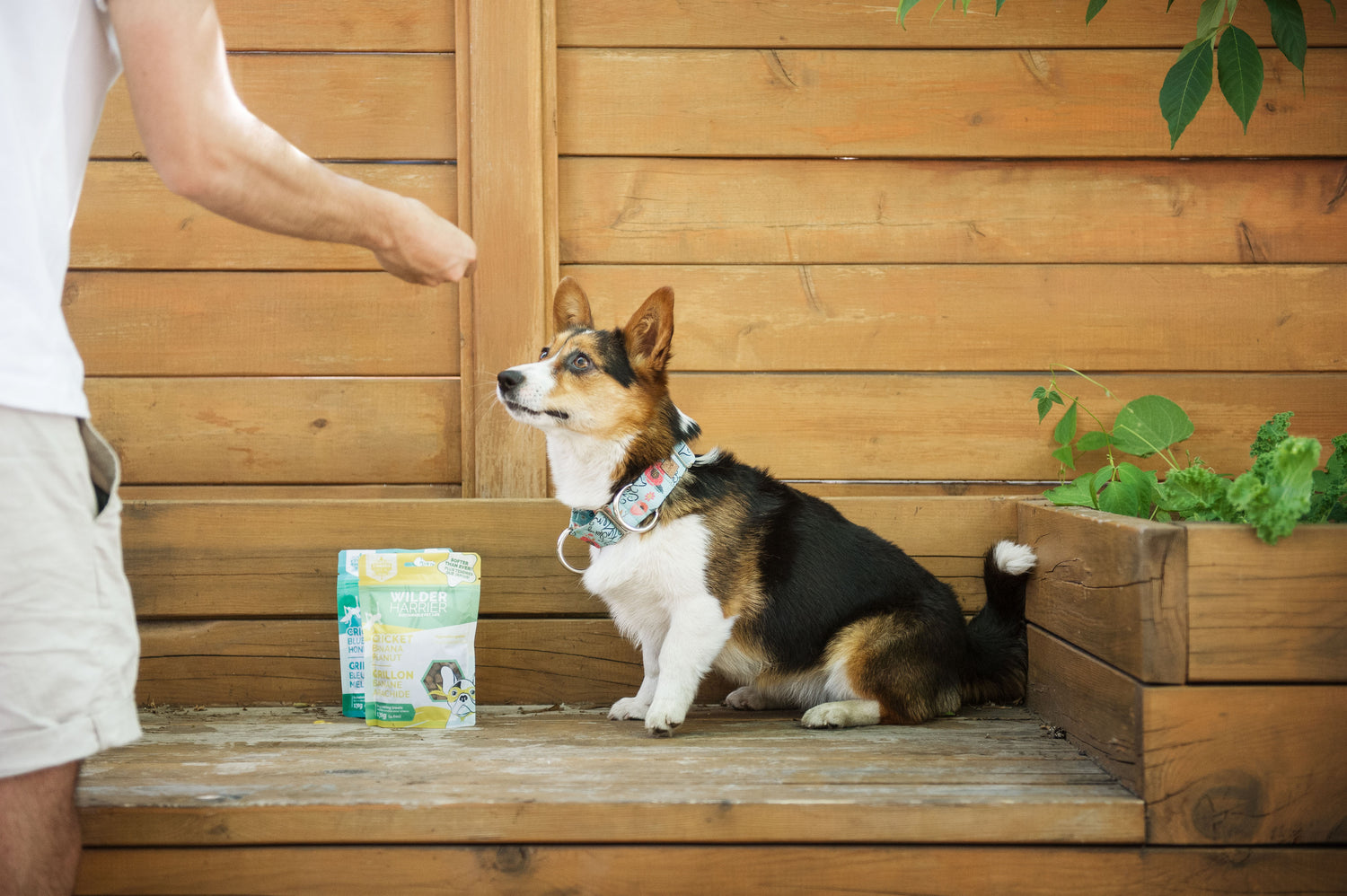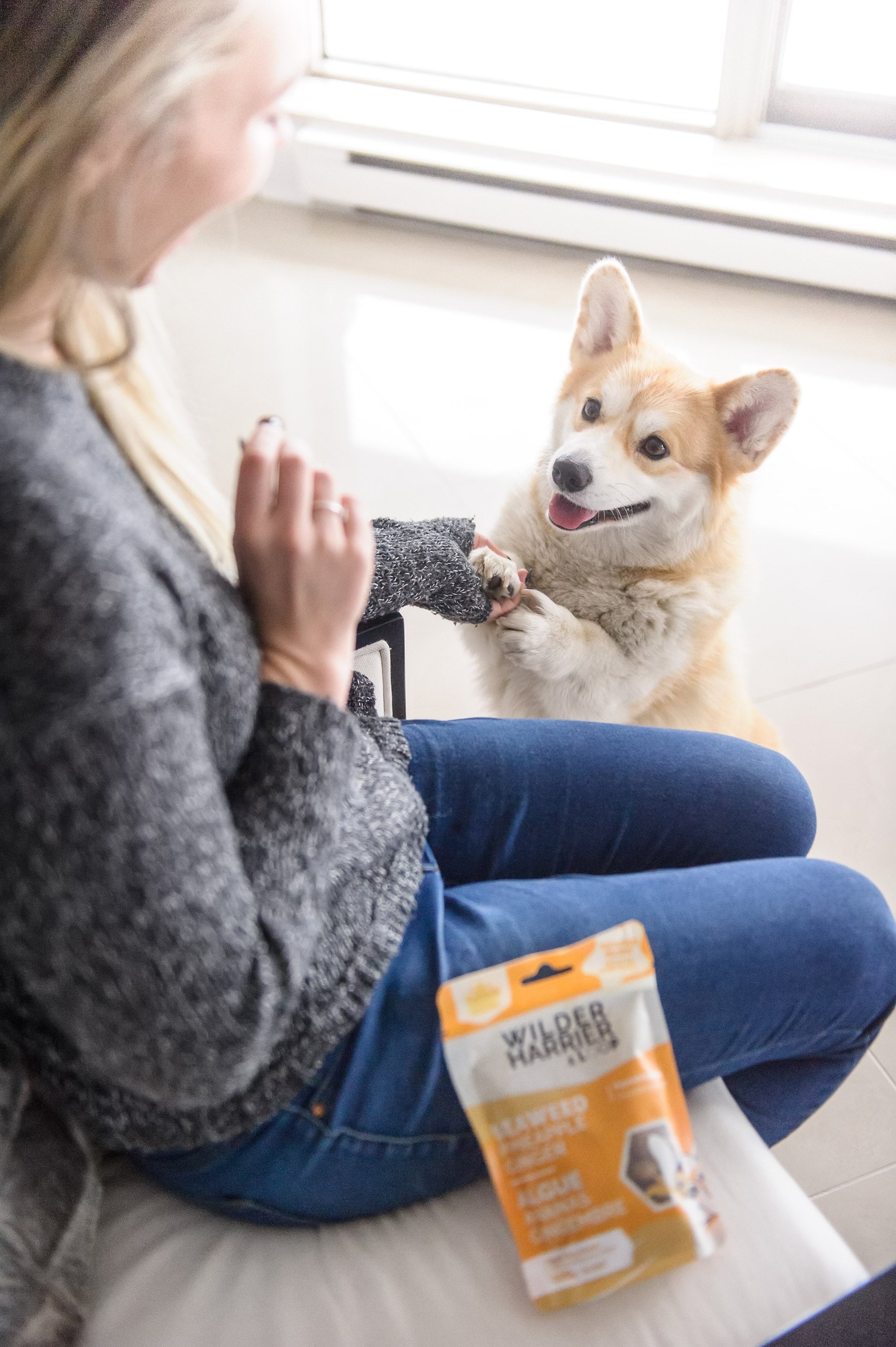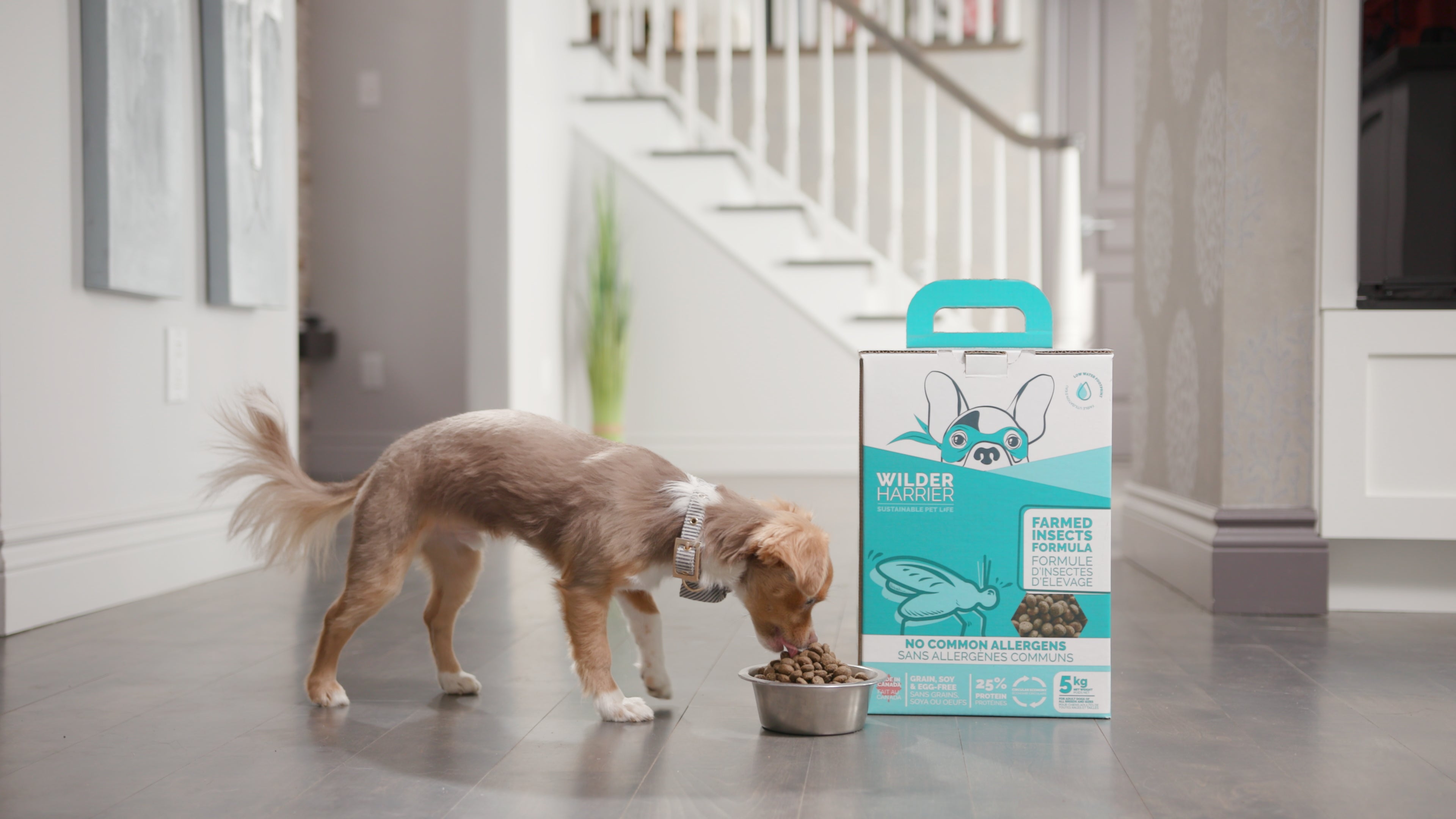Ahhh…did you go and get yourself a new puppy? Well, congratulations! You’re in for many long, happy years together.
However, as any dog parent will know, puppies are hard work! You have to keep a constant watch on them, and as soon as you take your eyes on them for one second, they are back at getting into trouble.
You’re going to get tired of constantly yelling “Noooooo!”. However, early puppy training and socialization are necessary to raise a well-balanced, happy canine and allow for a more smooth sailing relationship in the future.
Positive Reinforcement Only
When training young pups, avoid harsh corrections, and heaven forbid, punishment! Use only positive reinforcement training methods, even when dealing with stubborn and difficult pups.
Positive reinforcement is the process of rewarding a dog for desired behavior. The moment the behavior is exhibited, reward and praise. Keep in mind that puppies have different nutritional requirements than adult dogs, so feed puppy treats only.
Puppies can begin very basic training as soon as they arrive home, which is normally around 8 weeks old. Always keep training sessions short — 5 to 10 minutes — and end on a good note.
If your puppy is having difficulty learning a new behavior, end the session by reviewing what he already knows and lavishing him with praise and a large reward for his success. If your puppy becomes bored or frustrated, it can impede training and be counterproductive.
Teaching your puppy can restore order to your home and prepare you for a good relationship with your new pup.
Read on for some puppy training ideas and make sure to follow them when you get your dog.

Crate-Training
Of all the essential dog supplies that you’ll need to bring home a puppy, a crate should be on top of the list. A confined area will keep your puppy safe if you cannot watch them 100% of the time, and when done right, a crate is an invaluable potty training tool.
Dogs are naturally denning animals and your pup will need a safe, cozy place to call home. Your pup will learn to anticipate bathroom breaks once he has adjusted to his new routine, making your life much easier.
Crate-trained dogs will also fuss less when placed in a confined area, like when you need to transport your dog or travel with them.
Walking Politely On A Leash
Pups are curious creatures that want to explore everything! Let them sniff around and learn more about the world around them, but soon, you’ll have to teach them to walk politely on a leash.
A 10 lb puppy pulling on a leash and trying to go in every direction is funny at the time, but that same puppy can easily be 50 lbs in a few months.

Socialize Early, and a LOT!
Once you’re done with their vaccination schedules, wait a week or two until you’re certain your puppy’s immune system will not be compromised with serious illnesses like distemper and parvovirus.
Then, take your puppy out frequently and expose him as much as possible to other dogs, humans, and situations. A well-socialized puppy will grow to be a stable, well-balanced canine, and unsocialized dogs come with a vast range of behavioral problems.

How To Sit
Teaching a puppy to sit or lie down may appear to be a game, but it is a useful ability that can teach your pup discipline and patience.
Use the command "sit" to keep your puppy from jumping on guests, to be courteous at mealtimes, and to serve as a springboard for teaching other helpful commands like "stay" and "down."
You'll be pleased you taught this command when your cute little puppy develops into a 100 lb dog! Take a look at our 8 basic commands article that you dog must know.

Not To Nip
Puppies like mouthing and tend to nip when in play. Anyone that has raised pups can attest to the fact that puppy bites hurt! Their razor-sharp, teeny-tiny canines can make a serious dent in your hand and even draw blood.
As they grow, so does their jaw strength, and suddenly, the playful puppy biting you is doing some serious damage.
How To Be Left Alone
Another good reason to crate-train! A puppy will not take well to being left alone, spending the first few weeks of their lives constantly around their mother and other littermates.
Because dogs are typically social creatures, a puppy's first moment alone can be highly traumatic.
While training a puppy, try to encourage independence as early as possible.
Rewarding With Treats
Teaching your dog new tricks with rewards is worthwhile whether you have a new puppy or a young dog. Reward-based training lifts their spirits, promotes their self-esteem, and strengthens the bond you’ll have with your pooch.
Always use puppy treats, especially in young pups. Watch carefully for signs of a food allergy, and if any are present, choose hypoallergenic dog treats that are easily digestible.
Aggressive Behaviors
Stop all aggressive behaviors that your new puppy might exhibit immediately. Some puppies might growl when they are picked up, or when you get too close to their food and toys.
Correct this behavior immediately and while you don’t have to punish your pup, you’ll have to nip this behavior in the bud and let them know that any aggressive reaction will not be tolerated.
Play with your puppy often, touching them constantly on the ears, paws, and belly, and getting them used to being handled.
Should I Considered Puppy Training Classes?
A puppy class serves several purposes.
Firstly, it provides your new pup with valuable socialization time with other dogs and humans. A training class is a great location to meet and interact with other new puppy owners!
Secondly, professional trainers can identify potential issues that might arise in the future and help you manage them.
They can help with key puppy training issues and advance your puppy more quickly into basic obedience.
Puppy classes are typically held in a group setting with some real-world distractions.
Final Thoughts
Raising a puppy into a well-behaved, happy canine is one of the most rewarding things to do in the world. However, like all things worth doing, it is definitely worth doing it right!
Thanks for reading, and good luck with your new pooch!




